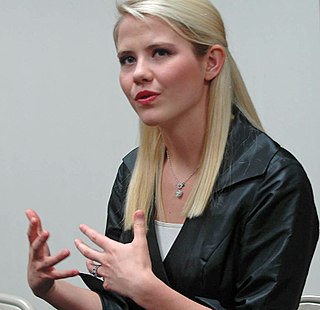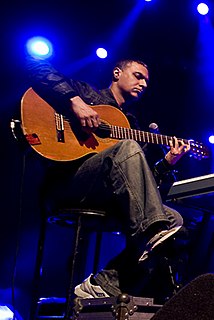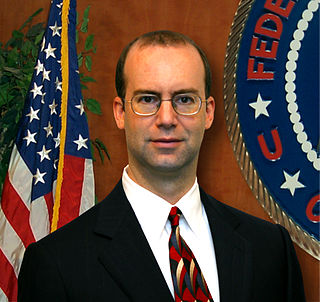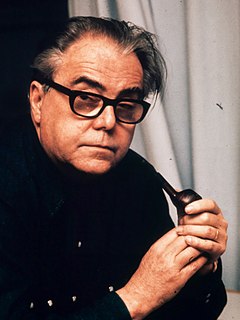A Quote by Elizabeth Smart
Music is the unspoken language that can convey feelings more accurately than talking ever could.
Related Quotes
It is clear from a common sense viewing of the program that coarse language is a part of the culture of the individuals being portrayed. To accurately reflect their viewpoint and emotions about blues music requires airing of certain material that, if prohibited, would undercut the ability of the filmmaker to convey the reality of the subject of the documentary.
Sexuality is primarily a means of communicating with other people, a way of talking to them, of expressing our feelings about ourselves and them. It is essentially a language, a body language, in which one can express gentleness and affection, anger and resentment, superiority and dependence far more succinctly than would be possible verbally, where expressions are unavoidably abstract and often clumsy.
The script [of Regression] wasn't the draw for me. It was largely Alejandro [Amenabar] and his way of talking. To hear him talking about the script was way more interesting than the script. He wrote it, and so, English is his second language. It's an interesting thing. I've had that before. I was directed by Alfonso Cuarón before, too. It's always interesting when you're being directed by somebody like that. So much of directing is about communication, and finding the right words, and what it means, and how to convey certain emotions and ideas.
When I was producing the first solo album, i just wanted to convey some messages through it. The message was 'no blood will come out even if I am pinned' However, after trying out different kinds of music activities, I started to change and wanted to convey my real emotion that I have in my everyday life. I want to express the feelings that everyone has felt at least once, in music so I think people will feel/understand my songs.






































